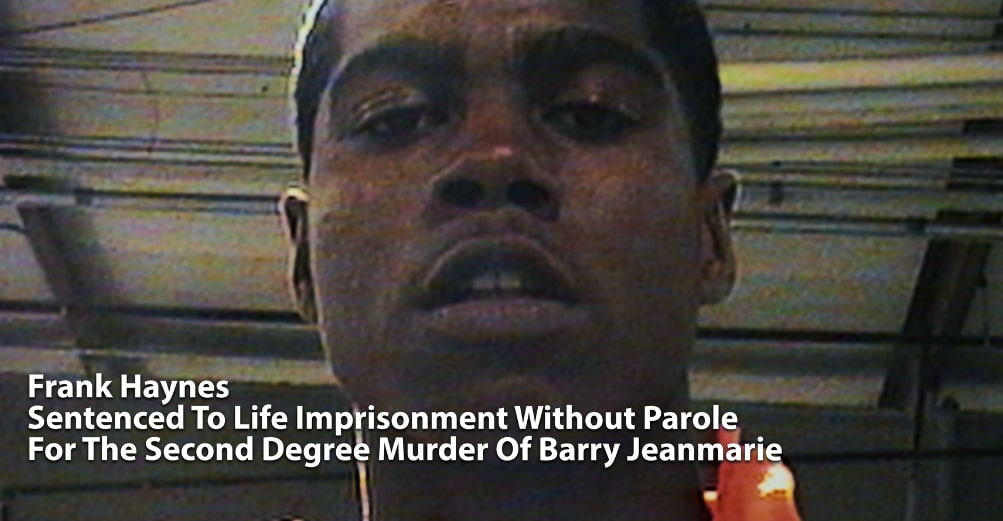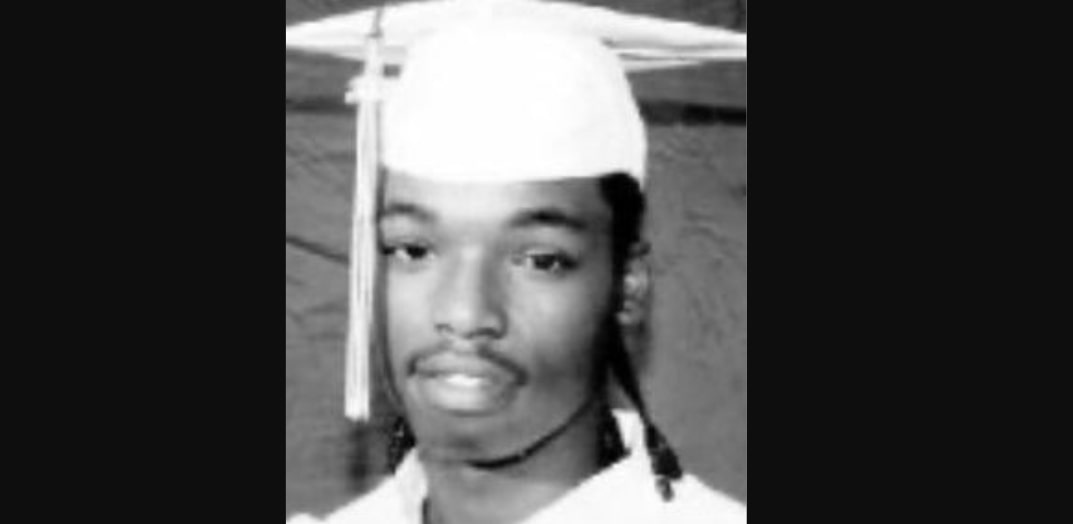In June 2011, Valerie Jeanmarie received the news that her 20-year-old son, Barry Jeanmarie, had been killed after suffering multiple gunshot wounds. The perpetrator remained at large, and for years she fought tirelessly for justice, convinced that people knew who was responsible and that he could be caught. In the wake of Hurricane Katrina, with so many still displaced and resources stretched thin, she felt her son’s case had never received the attention it deserved. In Netflix’s ‘Katrina: Come Hell and High Water,’ she reflects on how the disaster altered her community and how it ultimately took her son from her.
Barry Jeanmarie Was Shot Multiple Times in the Middle of the Street
Barry “Chucky” JeanMarie was born on August 20, 1990, to Valerie Jeanmarie and Barry Domino in New Orleans, Louisiana. It was a city his family had called home for generations. Growing up alongside his siblings, Troy Boudreaux Jr. and Princess Holmes, Barry’s childhood wasn’t filled with material wealth, but it was rich in love and support. Their home bustled with life, surrounded by grandparents, great-grandparents, uncles, aunts, nieces, and nephews. Barry attended McMain High School, where he proved to be a bright and rising student. But life took a drastic turn in 2005 when Hurricane Katrina devastated the city. Like so many others, Barry and his family lost their home to the storm. They were forced to leave behind the neighborhood they loved and rely on government housing while the city struggled to rebuild.

Although Barry and his family eventually managed to regain some stability, the New Orleans they returned to was no longer the same. The city they had once called home was left in ruins, and with so many displaced families, government assistance often fell short of meeting people’s basic needs. Life was difficult, but Barry adapted to the new normal. He kept close to a handful of childhood friends, settled into a routine, and quietly tried to figure out what direction his future might take. That future, however, was cut short. On the night of June 15, 2011, just after 10 pm, Barry was shot in the 1400 block of Mazant Street in the St. Claude area. He suffered five gunshot wounds in total. According to the coroner’s office, injuries to the right side of his chest and the left side of his head were potentially fatal. His death was officially ruled a homicide caused by multiple gunshot wounds.
Barry Jeanmarie’s Killer Transformed His Look During the Crime
The police quickly pieced together Barry Jeanmarie’s movements on the day of the incident. He had spent the day with friends, Reginald Walker, Girard Broussard, and Albert Davis. The group had been hanging out outside Girard’s grandfather’s house when they decided to head to Mike’s Grocery on St. Claude Avenue to pick up cigarettes and beer. While some of them went inside the store, Jeanmaire allegedly took a bicycle parked outside and rode it back home. Not long after, a man began searching for the missing bike, visibly upset that it had been stolen. They stated that they saw the man pacing up and down the street before returning on another bicycle, accompanied by a few other men.

Shortly after, they reportedly heard gunshots. Davis rushed to the scene, where he found Barry bleeding, and he later succumbed to his injuries. Davis then went to the police to provide a statement and identified a man named Frank Haynes as the suspect. Police ran Haynes’ name through their database and obtained a photograph, but the friends failed to identify him in a photo lineup. A search warrant was executed at Haynes’ aunt’s apartment, where he was believed to be staying, but neither he nor any weapons were found.
Forensic analysis revealed that a .38 caliber handgun had been used in Barry Jeanmarie’s murder, and while Haynes remained a primary suspect, authorities struggled to locate him. Meanwhile, Barry’s family grew increasingly vocal, holding rallies and demanding answers they believed were within reach but not being aggressively pursued. The breakthrough came when a man named Ranz Jefferson approached police, stating that Haynes had personally confessed to the killing. Jefferson explained that he could no longer stand by as violence continued to plague the community. He identified Haynes in a photographic lineup. He said that the image showed Haynes with dreadlocks, and he did not have those at the time of the crime. With this critical testimony, police moved forward and arrested Haynes in 2013.
Frank Haynes is Serving a Life Sentence Today
In 2014, following his trial for the murder of Barry Jeanmarie, Frank Haynes was convicted of second-degree murder and sentenced to life in prison at hard labor without the possibility of parole. He later appealed his conviction and sentence, arguing that there had been an error in his identification, but the appeal was denied. As a result, he remains in the custody of the Louisiana Department of Corrections, though the exact details of his current location have not been disclosed.
Read More: Robert Green: Where is the Hurricane Katrina Survivor Now?


